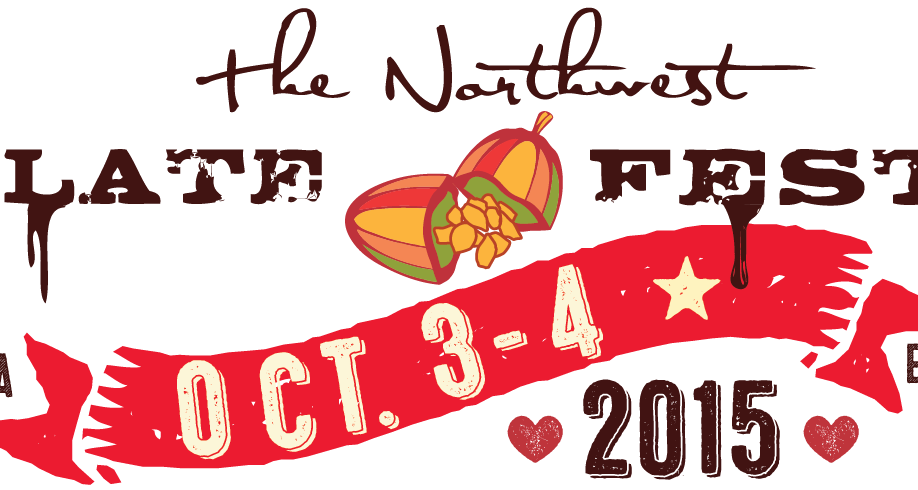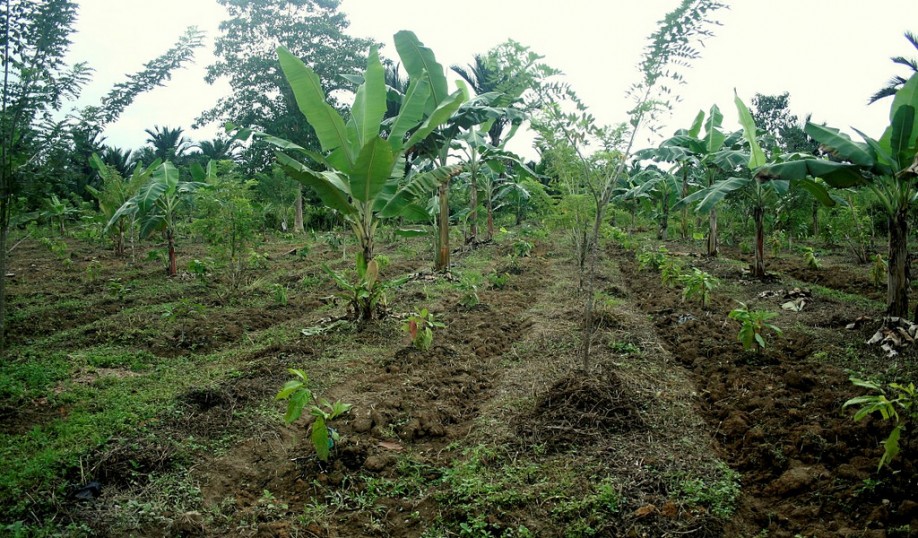Photo by Enggar Paramita/ICRAF: Cacao agroforestry system in demonstration farm at Cacao Research Sub Station, Kendari, Southeast Sulawesi
Cacao is not typically grown on large plantations due to high risk of disease and pests. However, large companies like United Cacao have caused damage not only to cacao production, but to entire tropical forests where they are grown through clear cutting and industrial monoculture. Clear cutting and monoculture removes sources of nutrients and shade normally provided by other tree species that cacao needs to produce quality pods. Agroforestry is a much more sustainable solution for cacao production while still yielding a profit for growers. Izabal Agro Forest has been planting and harvesting cacao and tropical hardwood trees for nearly three decades in Guatemala, a region that has a long, deep history of agricultural management. Trees such as mahogany are nitrogen fixers and provide shade to cacao growing in the under-story. IAF practice selective thinning, not clear cutting; and the diverse planting allows harvest of hardwoods in case of low cacao production so that a profit can still be made. (Bronson) Other communities, such as the Maya Mountain Research Farm in Belize, also put an emphasis on education for growers, to combat the mis-education from government-run agricultural schools subsidized by seed and chemical companies. MMRF teaches growers that tree and farm crops can work together, not in opposition like monoculture. (Birnbaum; Fox) Agroforestry and other sustainable practices are promising examples of how cacao agriculture can continue and thrive in the future.



